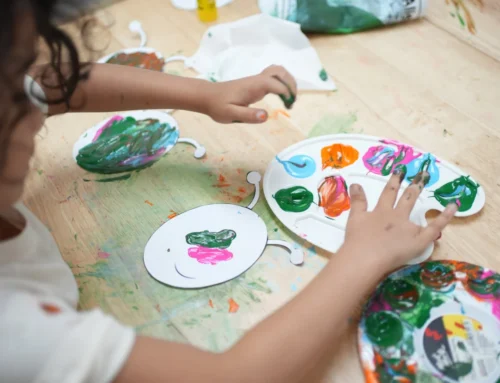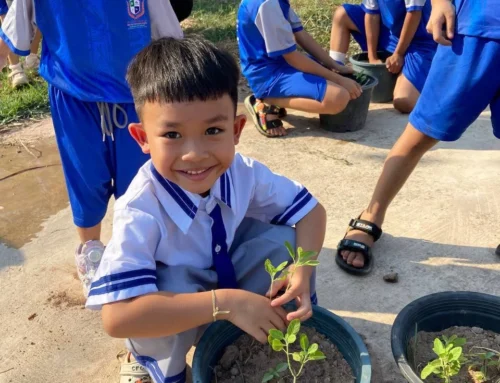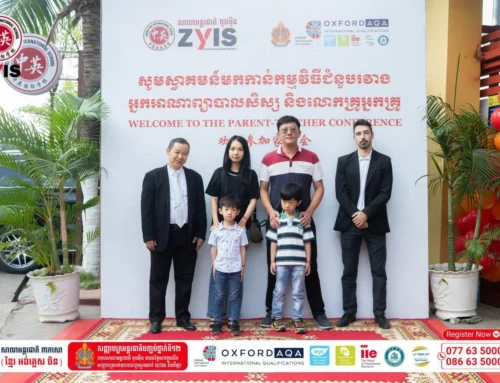At the Japanese International School of Phnom Penh (JISPP), early childhood education is grounded in the belief that learning should be joyful, meaningful, and developmentally appropriate. A recent classroom activity at JISPP showcased this philosophy in action, as young students explored the fundamentals of mathematics using traditional wooden blocks from Japan. Far from a typical math lesson, the session reflected the school’s commitment to hands-on, play-based education that nurtures both curiosity and understanding.
Learning Through Play: A Core Principle at JISPP
Instead of introducing numbers through worksheets or rote memorization, JISPP educators used a tactile and visual method—stacking and counting wooden blocks—to help students grasp early math concepts. This interactive approach provided more than just academic benefits. It supported fine motor skill development, spatial reasoning, cooperative play, and verbal communication as children worked individually and in small groups.
The method aligns with the Japanese early education standard, which emphasizes active, child-led learning and natural discovery. By transforming a math lesson into a game-like experience, teachers not only kept students engaged but also created an emotionally positive and socially collaborative environment. For young learners, this kind of experiential activity is essential for retaining information and building long-term confidence in mathematics.
Encouraging Early Numeracy Skills with Purposeful Materials
The wooden blocks used during the activity are more than just toys. They are carefully designed tools that embody the Japanese value of craftsmanship and educational purpose. Through these blocks, children at JISPP were introduced to core numeracy skills—such as counting, pattern recognition, comparing quantities, and sequencing—all within a context that felt natural and playful.
As they stacked blocks and grouped them by number, children practiced critical thinking and problem-solving without even realizing they were learning math. This seamless blend of play and instruction is a hallmark of JISPP’s curriculum, setting the school apart from more traditional early education models.
A Play-Based Learning Environment That Fosters Holistic Growth
At JISPP, academic readiness is just one piece of the puzzle. Equally important is the development of creativity, independence, emotional intelligence, and social responsibility. That’s why every learning experience is thoughtfully designed to support the whole child.
Teachers at JISPP are trained not only in pedagogy but also in observation and individualized instruction. They watch how each child engages with the materials, offer personalized support, and create space for exploration and reflection. This student-centered approach is particularly effective in early childhood, where children’s learning styles and developmental paces vary widely.
Parents can feel confident knowing that their children are not only being prepared for formal schooling but are also building a lifelong love of learning.
Elevating Early Education in Cambodia
In Phnom Penh’s growing international education sector, JISPP continues to stand out by offering an authentic Japanese educational experience rooted in quality, care, and innovation. Their nursery and kindergarten programs demonstrate how meaningful learning can happen through simple, everyday activities when guided by skilled educators and a thoughtful curriculum.
This lesson on counting blocks might seem small—but it represents a much larger commitment to excellence, cultural values, and child-centered learning. By combining traditional Japanese materials with modern educational practices, JISPP is laying a strong foundation for future learning, one playful step at a time.
If the information about the school is not accurate or insufficient, please Contact us
Do you want to register your school? Click Here







